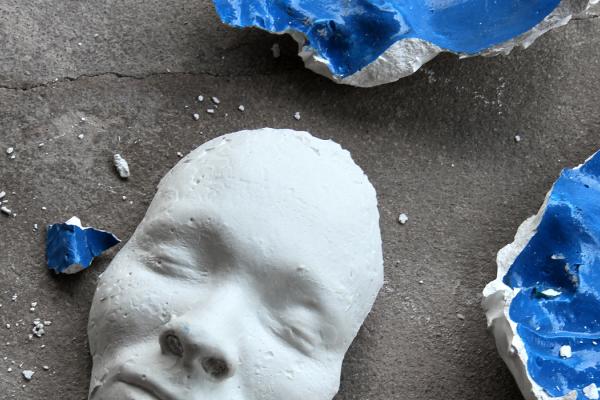Sep 19, 2016
When we center healing, we remember that our struggles for social justice are not just about opposing things we do not like, but building the world we would actually like to live in. So many people do not join the hard work of organizing because they see only what they might lose and not what they would gain in world without oppression. That’s why the process is as important as our goal of social justice. Instead of waiting for the infinitely deferred “revolution,” we can start living the revolution now so people can have a taste of what a better world can be.
Read the Full Article

Already a subscriber? Login
